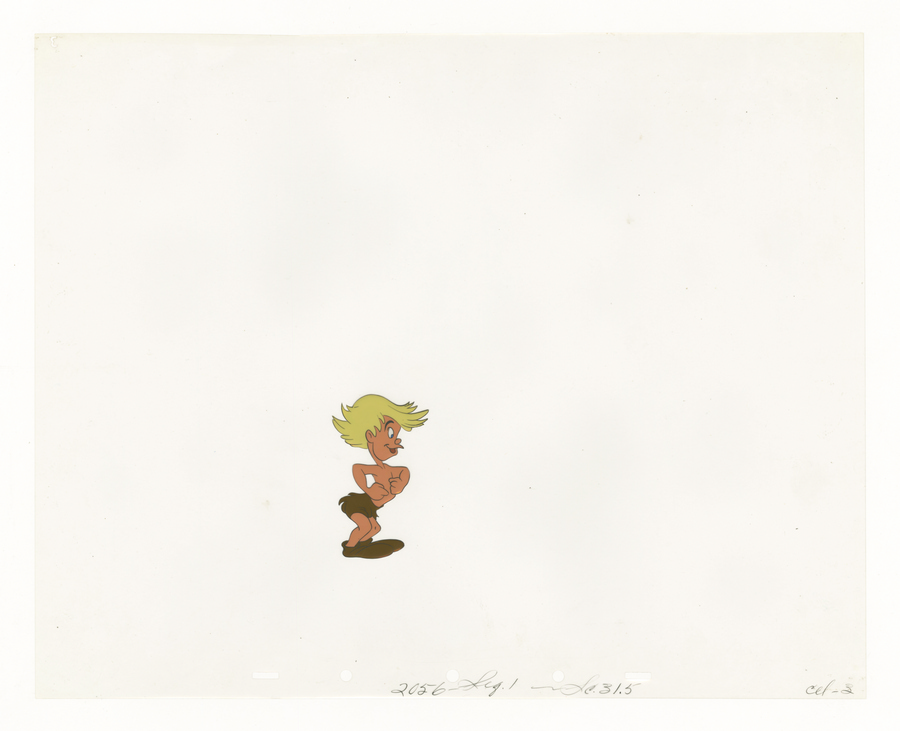
18 However, the costs associated with CAR T-cell therapies are not limited to acquisition costs alone and other ancillary elements of care have a significant impact on healthcare expenditures ( Table 2 19).ĬAR T-cell therapies are currently administered at more than 100 medical centers in the United States, primarily in the inpatient setting, although there is an increasing trend toward outpatient administration. Drug acquisition is the largest component of the cost of CAR T-cell therapy, with list prices ranging from $373,000 to $475,000 depending on the specific drug and indication. The cost of CAR T-cell therapy is one of the biggest challenges, with financial implications for patients, payers, and providers. In spite of the growing CAR T-cell market, there are still significant barriers to optimal uptake and effective implementation. 15-17 There is an urgent need for payers and healthcare systems to finetune the logistics of CAR T-cell therapy as they gain broader traction. While their predicted growth estimates vary, all anticipate a global market of many billions of dollars within the next 5 years.

Multiple different market research companies have performed analyses of the current and future trends in the CAR T-cell market. 14 This is a trend that looks set to continue, with the rush to begin offering CAR T-cell therapy to patients with multiple myeloma, the shift to an outpatient setting, growing experience in managing the logistics and complexities of CAR T-cell therapy, and improving reimbursement mechanisms.

However, in recent years, it has been rapidly expanding according to an analysis of the Medicare fee-for-service population, the number of CAR T-cell claims are doubling every 6 months. Uptake of CAR T-cell therapy has been slow, largely limited to large transplant centers where clinical trials were performed. 11,12 Many more CAR T-cell therapies are in development, with more than 600 clinical trials underway globally. The field continues to rapidly evolve, with the manufacturers of brexucabtagene autoleucel and a second BCMA-targeted CAR T-cell therapy, ciltacabtagene autoleucel, seeking approval of their products for the treatment of relapsed or refractory ALL with a Prescription Drug User Fee Act (PDUFA) date of Octoand multiple myeloma with a PDUFA date of November 29, 2021, respectively. 3 Table 1 5-10 summarizes the currently approved CAR T-cell products. 3,4 All of the aforementioned CAR T-cell products target the CD19 antigen, but in March 2021, idecabtagene vicleucel made history as the first B-cell maturation antigen (BCMA)-targeting CAR T-cell therapy approved for the treatment of adult patients with relapsed/refractory multiple myeloma. In July 2020, brexucabtagene autoleucel became the first approved product for relapsed or refractory mantle cell lymphoma (MCL), while lisocabtagene maraleucel was approved for the treatment of LBCL in February 2021. In the past 2 years, these CAR T-cell products have been joined by 3 others. 1,2 Axicabtagene ciloleucel is now also approved for the treatment of patients with relapsed or refractory follicular lymphoma. In 2018, just 2 CAR T-cell therapies were commercially available: axicabtagene ciloleucel for the treatment of relapsed/refractory large B-cell lymphoma (LBCL), and tisagenlecleucel for the treatment of pediatric and young adult patients with relapsed or refractory B-cell acute lymphoblastic leukemia (ALL) and adult patients with relapsed or refractory LBCL. Their use is rapidly expanding as more become approved by the FDA. In the meantime, payers and providers are tasked with facing the logistical complexities of CAR T-cell therapy and developing new payment and reimbursement strategies to ensure value-based care and optimal access today.Ĭhimeric antigen receptor (CAR) T-cell therapies represent a paradigm shift for the treatment of several previously incurable refractory hematologic malignancies. CAR T-cell therapies currently have the potential to be cost-effective however, improved safety and efficacy, outpatient administration, and a streamlined manufacturing process could make them even more so. While uptake of CAR T-cell therapy is rapidly ramping up, there remain significant barriers to effective implementation and patient access, not least their price tag and substantial ancillary costs of care. Five CAR T-cell products are now approved by the US Food and Drug Administration for a growing number of cancer indications and a global market worth billions is anticipated in the next 5 years.

Since the historic approval of tisagenlecleucel for the treatment of B-cell acute lymphoblastic leukemia in 2017, chimeric antigen receptor (CAR) T-cell therapies have altered the treatment paradigm for hematologic malignancies.


 0 kommentar(er)
0 kommentar(er)
